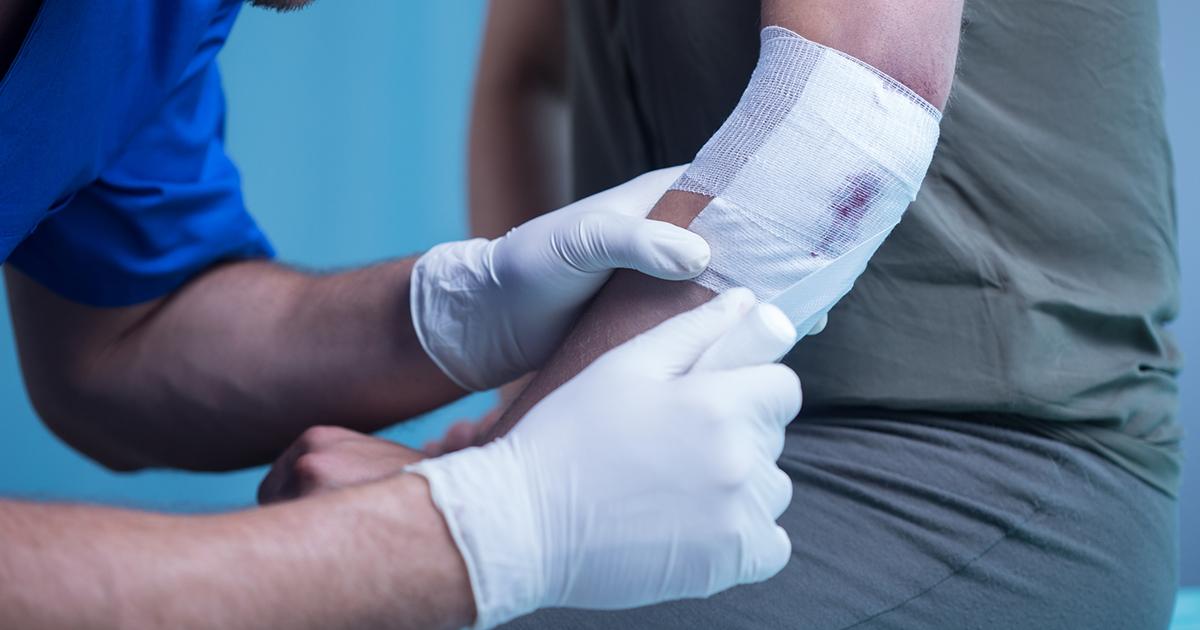How To Treat And Prevent Toxic Shock Syndrome
Washing Hands Frequently

Since bacteria are spread by touch, it is imperative to wash hands often to avoid infection. Bacteria live everywhere and are on surfaces in the home, at work, and on the skin. The naked eye cannot see them, but they are all around us. Someone can pass bacteria to you from a handshake or sneeze. Bacteria can also spread through the air, mucous membranes, and bodily fluids. Washing hands is an important part of personal hygiene and may prevent the transmission of infection. Bacteria that cause toxic shock syndrome can be found in the surgical packing for open wounds and tampons, so they need to be changed frequently.
Washing hands frequently has many health benefits and can protect patients from catching the flu, respiratory infections, and getting diarrhea. It prevents the spread of the staphylococcus and streptococcus bacteria and stops them from entering the body. When washing hands, it is best to use liquid soap, as a bar of soap can harbor contaminants, and antibacterial products kill both good and bad bacteria.
Proper Wound Care

When the skin does not have an open wound, it can protect the body against pathogens and bacteria. If it has a cut, puncture, or laceration, harmful bacteria can enter. A surgical incision may also permit bacteria into the body. Proper wound care is essential to prevent the spread of bacteria and the occurrence of toxic shock syndrome.
If your wounds are not cared for properly, staphylococcus and streptococcus bacteria can thrive in the warm, moist environment underneath. This is the reason for toxic shock syndrome, but with proper wound care, it can be avoided. An open wound should be washed to eliminate dirt or debris and covered with a clean bandage. Depending on both the type and size of the wound, sterile wrapping may be applied. It should remain covered until fully healed, and the dressing should be frequently to prevent infection.
